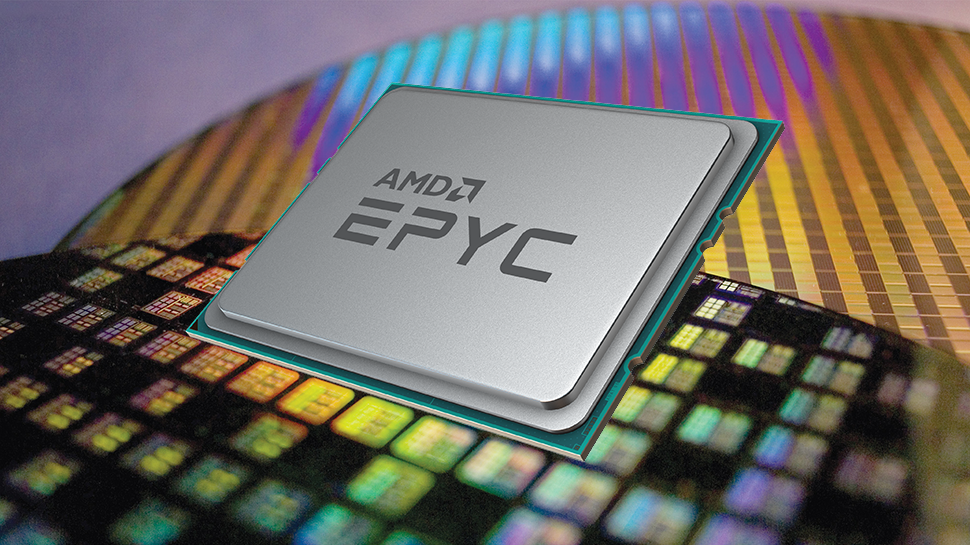TSMC produces chips for AMD, but it also now uses AMD’s processors to control the equipment that it uses to make chips for AMD (and other clients too). Sounds like a weird circulation of silicon, but that’s exactly what happens behind the scenes at the world’s largest third-party foundry.
There are hundreds of companies that use AMD EPYC-based machines for their important workloads, sometimes business-critical workloads. Yet, when it comes to mission-critical work, Intel Xeon (and even Intel Itanium and mainframes, rule the world. Luckily for AMD, things have begun to change, and now TSMC has announced that it is now using EPYC-based servers for its mission-critical fab control operations.
“For automation with the machinery inside our fab, each machine needs to have one x86 server to control the operation speed and provision of water, electricity, and gas, or power consumption,” said Simon Wang, Director of Infrastructure and Communication Services Division at TSMC.
“These machines are very costly. They might cost billions of dollars, but the servers that control them are much cheaper. I need to make sure that we have high availability in case one rack is down, then we can use another rack to support the machine. With a standard building block, I can generate about 1,000 virtual machines, which can control 1,000 fab tools in our cleanroom. This will mean a huge cost saving without sacrificing failover redundancy or reliability.”
TSMC started to use AMD EPYC machines quite some time ago for its general data center workloads, such as compute, storage, and, networking. AMD’s 64-core EPYC processors feature 128 PCIe lanes and support up to 4TB of memory, two crucial features for servers used to run virtual machines. But while the infrastructure to support 50,000 of TSMC’s employees globally is very complex and important (some would call it business-critical), it isn’t as important as TSMC’s servers that control fab tools.
Fab tools cost tens or hundreds of millions of dollars and process wafers carrying hundreds of chips that could be used to build products worth tens of thousands of dollars. Each production tool uses one x86 server that controls its operating speed as well as provisions water, electricity, and gas, or power. Sometimes hardware fails, so TSMC runs its workloads in such a way that one server can quickly replace the failed one (naturally, TSMC does not disclose which operating systems and applications it runs at its fabs).
At present TSMC uses HPE’s DL325 G10 platform running AMD EPYC 7702P processors with 64 cores (at 2.0 GHz ~ 3.35 GHz) in datacenters. It also uses servers based on 24-core EPYC 7F72s featuring a 3.20 GHz frequency for its R&D operations. As for machines used in TSMC’s fabs, the foundry keeps their specifications secret.
It is noteworthy that AMD’s data center products are used not only to produce chips, but also to develop them. AMD’s own Radeon Technologies Group uses EPYC processors to design GPUs.
